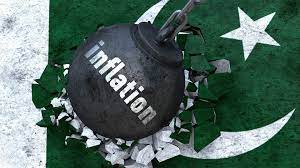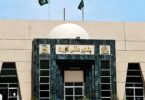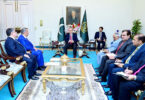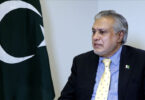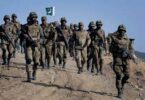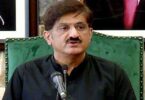Abubakar
Inflation, as an economic phenomenon, is a significant concern for governments and citizens worldwide. As per understanding inflation, inflation occurs when the prices of goods and services rise at a pace that outpaces the growth of wages or income.
This situation forces individuals and families to allocate a larger portion of their earnings toward basic necessities, such as food, shelter, and medical care. Pakistan is no exception.Inflation is a pressing challenge for Pakistan, affecting individuals, businesses, and the broader economy. It has the potential to exacerbate poverty, erode savings, and hinder economic growth.
The consequences of inflation can be profound,such as;individuals may find it increasingly difficult to afford essential items and will potentially compromise their well-being. moreover it can make it harder for individuals to accumulate financial resources for future needs. In addition Inflation can hinder individuals’ ability to make economic progress and get ahead financially, as their wages fail to keep up with rising prices.
However, Inflation is a complex economic phenomenon with numerous contributing factors. Including; increase in the supply of goods and services, which pushes prices higher. In Pakistan’s context, several factors have been particularly influential in driving inflation rates.
The primary driver of Pakistan’s high inflation rates is the weakening of the rupee against major currencies, causing price increases for imports, particularly in essential items like food.
Though Inflation affects all members of society differently, with the most vulnerable often suffering the most. For Pakistan’s poorest citizens, the risk of falling into poverty and experiencing malnutrition becomes more pronounced. Conversely, wealthier families may employ strategies to protect themselves from inflation, such as investing in assets like property or stocks.
Moreover to control inflation in Pakistan the government can implement several policy majors, including; reducing government spending, increasing taxes/ duties, implementing price controls, and encouraging investment/ economical growth. By implementing them, government can take steps to control inflation, stablize economy and improve standard of living.

